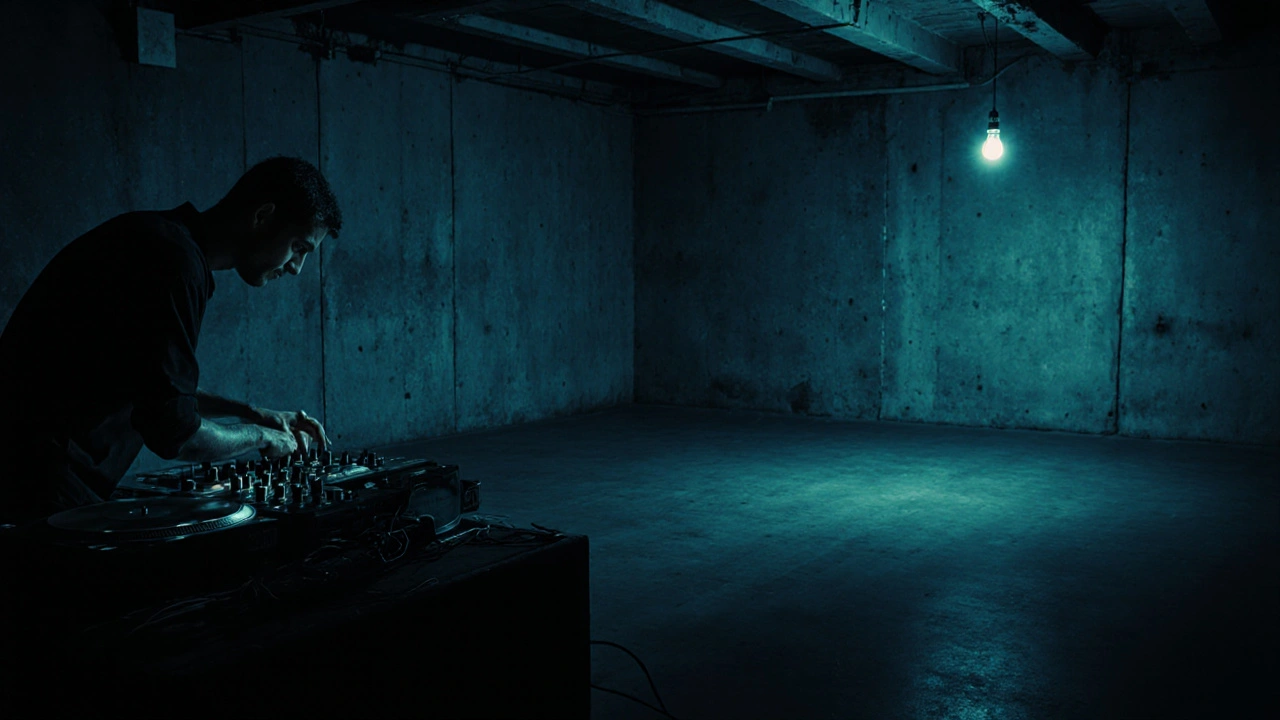Exclusive Interviews with DJs at Fabric Nightclub
Exclusive insights from DJs who play at Fabric Nightclub-how they choose tracks, what makes a set unforgettable, and why the club still rules London's underground scene in 2025.
Fabric Nightclub DJs, the curated selectors behind one of London’s most influential underground clubs. Also known as Fabric resident DJs, they don’t just play music—they define the sound of a city after midnight. This isn’t about famous names on posters. It’s about the people who keep the bass alive, the ones who’ve survived venue closures, licensing changes, and shifting crowds. Fabric’s DJs aren’t hired for their Instagram following—they’re chosen for their taste, stamina, and ability to read a room full of strangers who’ve paid to lose themselves.
What makes these DJs different? They work in a space built for sound, not spectacle. The acoustics are engineered to make every kick drum feel like it’s vibrating in your chest. The lighting doesn’t flash—it pulses. And the crowd? They’re not here for selfies. They’re here because they know the difference between a track that’s trending and one that’s timeless. You’ll find these DJs don’t just spin records—they build arcs. A set at Fabric lasts hours, and it’s not about drops. It’s about tension, release, and the quiet moments between beats that make you forget where you are.
And the crowd? It’s changed. clubbing after 40, a movement that’s reshaped London’s nightlife. Also known as adult clubbing, it’s no longer a contradiction. You won’t find 20-year-olds cramming the dancefloor at 2 a.m. anymore. You’ll find people who’ve been coming for 15 years. They know the difference between a DJ who’s playing to the room and one who’s playing to a playlist. They don’t need neon signs or bottle service. They need depth. That’s why Fabric still thrives while others closed.
These DJs don’t just play house or techno—they carry culture. They’re the reason London’s night economy, the unseen engine that powers bars, transport, security, and food vendors after dark. Also known as nightlife economy, it’s what keeps the city breathing when most are asleep. runs strong. When a DJ at Fabric drops a rare 1998 track that nobody else plays, it’s not nostalgia. It’s connection. It’s proof that music still has power to bring people together—not through trends, but through truth.
What you’ll find in the posts below isn’t a list of who’s playing next week. It’s the deeper story—the why behind the music, the people who make it happen, and how a single room in London became a global reference point for what real nightlife looks like when it’s not trying to be anything else but itself.

Exclusive insights from DJs who play at Fabric Nightclub-how they choose tracks, what makes a set unforgettable, and why the club still rules London's underground scene in 2025.